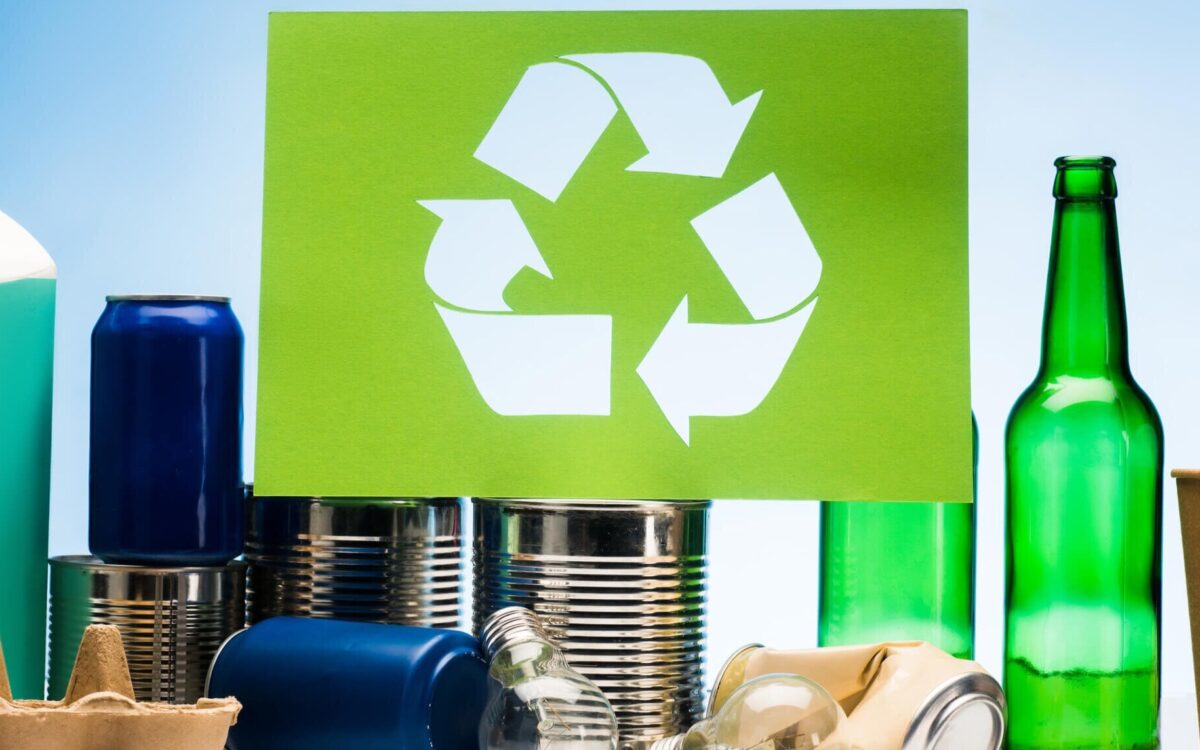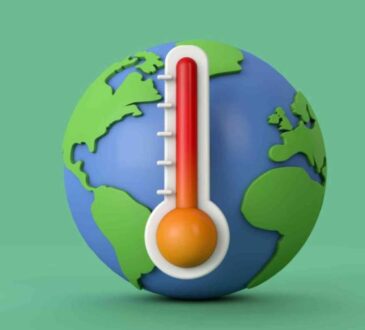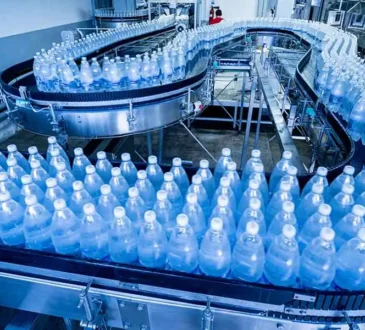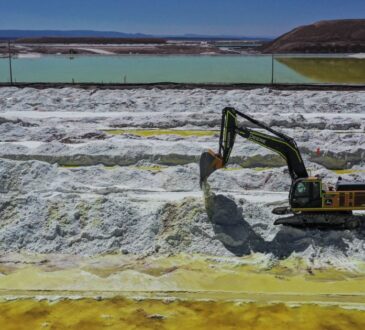Waste and recycling myths hold back industry
Recycling cuts the amount of waste deposited in landfill but myths and misunderstandings can mean that a lot of waste is never recycled.
Ecoveritas has highlighted some common recycling myths and how we can best play our part and recycle in the most efficient way possible.
False – The triangle icon means that something is recyclable
The Green Dot logo – known as ‘the green dot’ – doesn’t mean the item is recyclable; it means that the company in question has financially contributed towards the recovery and recycling of packaging in Europe. To be sure an item is recyclable it must explicitly state that this is the case. It doesn’t necessarily mean that the packaging is recycled or can be recycled.
True – You have to clean empties for them to be recycled properly
Where possible, you should at least rinse items, getting them as clean as possible, before sticking them in the recycling. It’s difficult to say exactly how to clean materials must be before they’re recycled. Use the water from the washing up or pop them into the dishwasher if there’s space. Not washing your recycling risks ruining everything and diverting the recycling load – not just yours – to a landfill.
Why? – Food residue left on containers cannot be reliably processed. Contamination occurs when the wrong materials are put into the system or when the right materials are prepared incorrectly. If contamination levels are too high when a recycling load arrives at the facility, it might have to be rejected. If this is the case, the whole load is sent to be burnt for energy or landfill.
False – Aerosol cans cannot be recycled
You can recycle aerosols with your mixed recycling. According to Recycle Now, if everyone in the UK recycled one empty can of air freshener, enough energy would be saved to power 273,000 TVs for a year! But make sure you follow these tips first: spray any leftover liquid into a rag until nothing else comes out; remove any easily removable parts (like the lid) and dispose of them with the aerosol; throw any attached plastic straws into general waste. The most important thing is to make sure aerosols are empty. Aerosol cans with anything left inside are still pressurised, meaning they could explode or combust if punctured or crushed.
Don’t pierce, crush or flatten the can; remove the nozzle or recycle a can that still contains any substance. Recycling your aerosols saves valuable metals that can be recycled infinite times without losing quality.
True – Plastic shopping and bin bags are not recyclable
If they are empty they are recyclable at front of store collection points. Due to safety reasons, bags aren’t often opened at recycling-sorting facilities. So, if your recycling is in a black bin bag, it will go to a landfill. Instead, use clear eco-friendly bags for your recyclables. If you have plastic bags in the house, reuse them as often as possible when you shop or return them to supermarket recycling centres.
True – The following items cannot be recycled using your kerbside recycling bin:
Glass cookware such as Pyrex , drinking glasses or window glass; containers or bottles with liquids still in them; items contaminated with excessive amounts of food or grease, such as used, very greasy, pizza boxes; sanitary items, such as nappies; tissues, wet wipes, and makeup pads; paper stained with grease, paint or dirt; sticky paper such as Post-It notes, sticky labels or masking tape; wall and decoration paper; crisp packets and sweet wrappers; laminated foil pouches and greeting cards with glitter or other decorations on them. Over half a million tonnes of recycling is rejected annually due to contamination.
False – Receipts are recyclable
The humble receipt may not seem like a big problem, but paper receipts should probably be banned to stop them from heading to landfill. It turns out there are two types of receipts floating around out there. If your city has an organics program, the paper ones are recyclable and compostable, and the thermal ones aren’t. But because it’s hard to tell the difference between the two, we recommend keeping them all out of the recycling bin.
That’s because 93 per cent of thermal receipts contain Bisphenol A (BPA), an industrial chemical that produces specific kinds of plastic. The UK still hands out 11 billion receipts every year, and around 50 per cent of these – printed on shiny, thermal paper – are not recyclable. Luckily, a slow transition to emailing digital receipts is underway, and increasingly customers are given the choice of whether to take a receipt. Putting non-recyclables in the recycling bin will contaminate everything
True – “if in doubt, leave it out”
The introduction of mixed recycling gripped us with a free-wheeling, hope-for-the-best attitude towards tossing empties into the recycling. If it’s going to be sorted anyway, it doesn’t hurt. Wrong. You risk contaminating the whole load if you put the wrong things in your recycling. This might mean all the materials are sent for disposal instead of recycling, or the quality of the recyclable materials produced is lower. So, if in doubt, leave it out!
False – You can’t recycle kitchen foil
Two-thirds of respondents to The British Science Association survey didn’t know you can recycle used kitchen foil. Before adding used foil to the recycling, wipe off food residue, then wash it along with the rest of the washing up. It’s also important to check its actually aluminium foil and not metalised plastic. To do this you can use a simple scrunch test. Simply scrunch the item into a ball in your hand if it stays crunched it is foil, if it springs back it is more likely to be a metalised plastic and should not be added to your recycling container. Foil takeaway trays and disposable barbecue trays can also be recycled.
True – Shredded paper can’t be recycled
This may seem counterintuitive, but shredded paper cannot always be recycled. Many paper mills won’t accept it as shredded pieces are too small to be collected through the Materials Recycling Facility (MFR).
False – All of your recycling is recycled
We dream of this when we carefully clean and place our recycling into the assigned bin, but the reality is bittersweet. There is a drop-off at each stage of the recycling process in the UK.
For example, of all the recycling received, 60 per cent is forwarded to MRFs (mixed recovery facilities). Here, there is likely to be more waste siphoned off. What kind of sorting system is in place is also decisive. A kerbside system, where recycling operatives sort item by material, is more effective than a truly ‘commingled’ system where all the recycling reaches the facility mixed. However, if you’re recycling optimally, there is a good chance it will reach its final destination.





